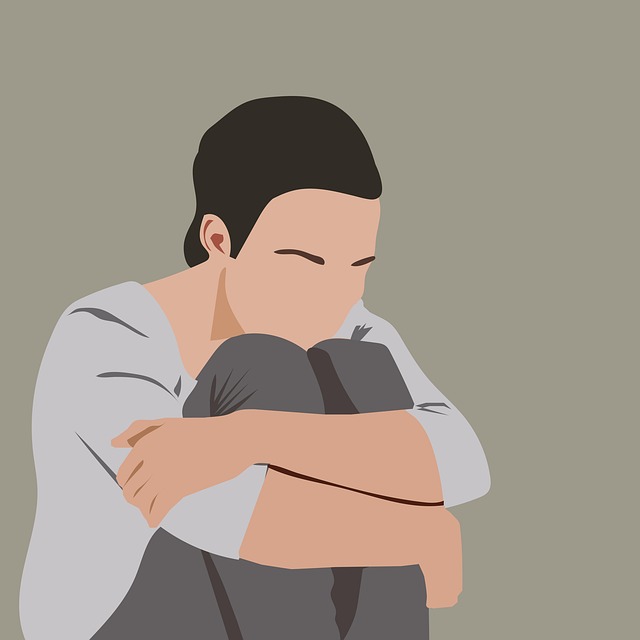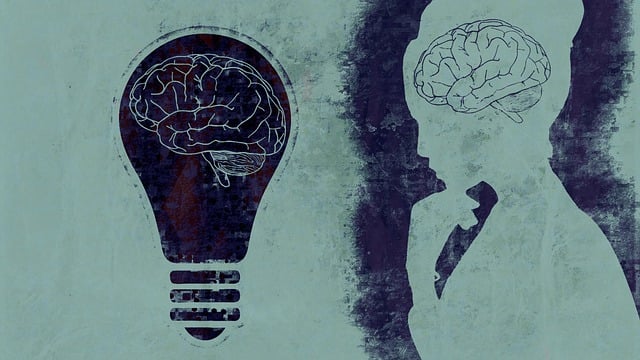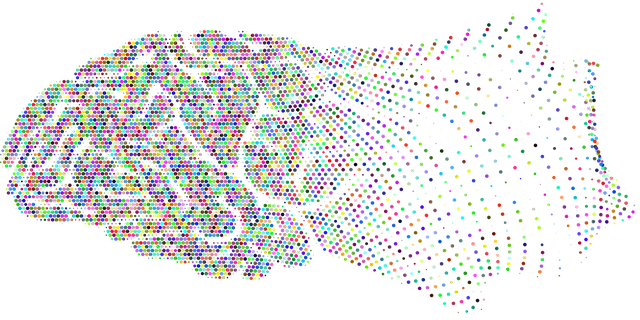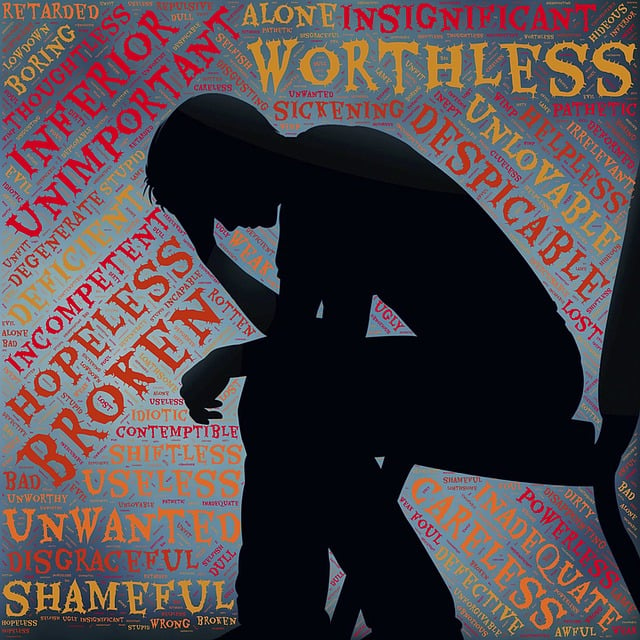Colorado Springs Domestic Violence Therapy highlights that anxiety, depression, and other mental health conditions can severely impact social skills, leading to isolation and worsening symptoms. Their Social Skills Training program is a proactive approach, teaching communication strategies, conflict resolution, and coping skills development. This empowers individuals to build supportive relationships, manage their mental health effectively, and reintegrate into society with improved well-being, focusing on holistic solutions beyond symptom management.
Social skills training is a powerful tool for improving mental health outcomes, especially for individuals navigating challenges like domestic violence. This article delves into the crucial connection between social interactions and mental well-being, highlighting specific difficulties faced by those with conditions such as depression or anxiety. We explore effective strategies and present Colorado Springs Domestic Violence Therapy as a comprehensive model, offering unique insights into building robust social skills in a supportive environment.
- Understanding the Link Between Social Skills and Mental Health
- Identifying Challenges in Social Interactions for Individuals with Mental Health Conditions
- Strategies and Techniques for Effective Social Skills Training
- Colorado Springs Domestic Violence Therapy: A Comprehensive Approach to Building Social Skills
Understanding the Link Between Social Skills and Mental Health

In navigating mental health challenges, it’s crucial to recognize that social skills play a pivotal role in recovery and overall well-being. Many mental health conditions can impact an individual’s ability to interact with others, leading to feelings of isolation and exacerbating symptoms. For instance, individuals suffering from anxiety or depression might find social situations overwhelming, hindering their chance for meaningful connections and support networks. Colorado Springs Domestic Violence Therapy highlights this intricate connection by addressing the fact that weakened social skills can contribute to and perpetuate mental health issues.
Social Skills Training becomes an essential component in healing and self-improvement. By learning effective communication strategies, conflict resolution techniques (such as those taught in domestic violence therapy), and coping skills development, individuals can navigate social interactions with more confidence. This proactive approach empowers them to build supportive relationships, foster a sense of belonging, and manage their mental health more effectively.
Identifying Challenges in Social Interactions for Individuals with Mental Health Conditions

Individuals with mental health conditions often face significant challenges when it comes to social interactions. These challenges can range from anxiety and depression that hinder engagement in social activities, to more severe symptoms like delusions or hallucinations that significantly impair communication and relationship-building. In Colorado Springs, domestic violence therapy has highlighted the crucial need for tailored support in this area, as social skills are a critical component of recovery and well-being.
Mental health education programs design that focus on improving social skills must consider the diverse nature of mental wellness coaching programs development. Through structured interventions, self-care practices can be integrated to help individuals manage their symptoms while participating in group settings or one-on-one interactions. By addressing these challenges proactively, support systems can foster a more inclusive and supportive environment, ultimately enhancing the overall mental health and quality of life for those affected by these conditions.
Strategies and Techniques for Effective Social Skills Training

Social Skills Training plays a pivotal role in managing mental health conditions, offering strategies to enhance interactions and improve overall well-being. At Colorado Springs Domestic Violence Therapy, professionals employ a multi-faceted approach, combining evidence-based techniques with personalized care. One effective method is Role-Playing, where individuals practice social scenarios, fostering confidence in real-life situations. This technique allows for the safe exploration of potential challenges and promotes healthier communication patterns.
Additionally, Mindfulness and Stress Management are integral components of the training. Teaching clients to recognize and regulate emotions can de-escalate potentially harmful interactions. These practices, coupled with Communication Strategies tailored to individual needs, empower individuals to navigate social environments with resilience. By integrating these techniques, mental health professionals in Colorado Springs offer a comprehensive framework for their clients’ successful reintegration into society while mitigating the impact of past traumas or ongoing struggles.
Colorado Springs Domestic Violence Therapy: A Comprehensive Approach to Building Social Skills

In Colorado Springs, domestic violence therapy stands out as a comprehensive solution for individuals dealing with mental health conditions and social skill deficits. This therapeutic approach goes beyond addressing the immediate symptoms by focusing on rebuilding healthy communication patterns and fostering essential social skills. By integrating evidence-based practices tailored to each client’s unique needs, therapists in Colorado Springs help them navigate interpersonal relationships more effectively.
The process involves mood management techniques, crucial for regulating emotions during social interactions, coupled with public awareness campaigns development and mental health education programs design. Through these initiatives, individuals gain insights into healthy relationship dynamics and learn coping strategies that enhance their overall well-being. This holistic approach ensures that clients not only survive but thrive in social settings, a significant step towards recovery and personal growth.
Social skills training is a powerful tool in addressing the challenges faced by individuals with mental health conditions. By understanding the intimate link between social interactions and mental well-being, we can effectively utilize strategies such as role-playing and group therapy to enhance social abilities. Colorado Springs Domestic Violence Therapy serves as an excellent example of a comprehensive approach, offering tailored programs that build essential social skills, thereby fostering better mental health outcomes for their clients.












